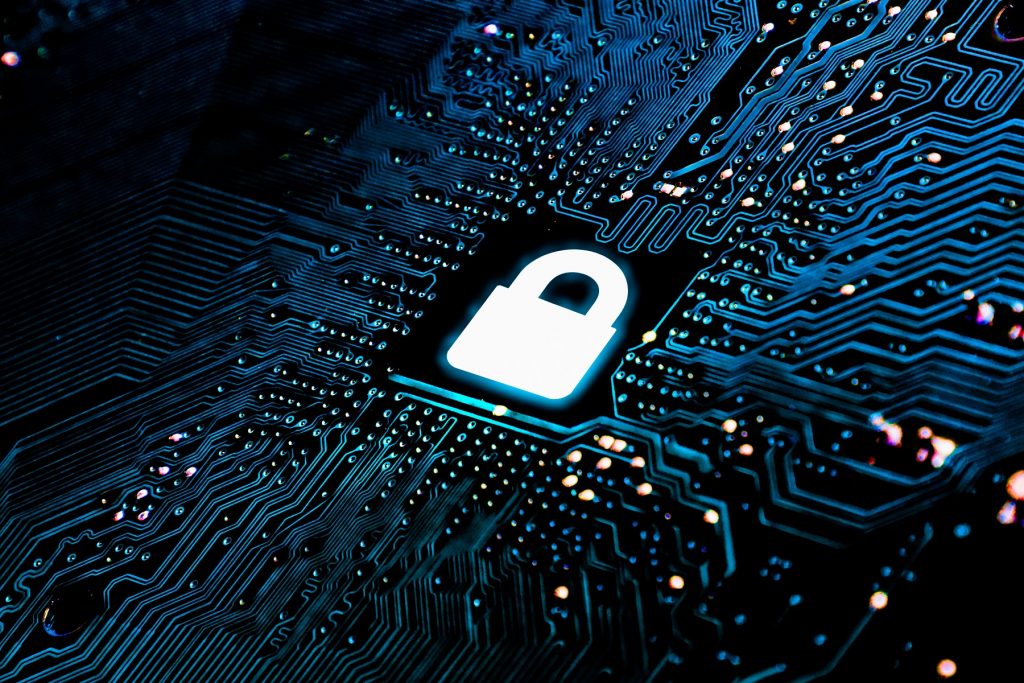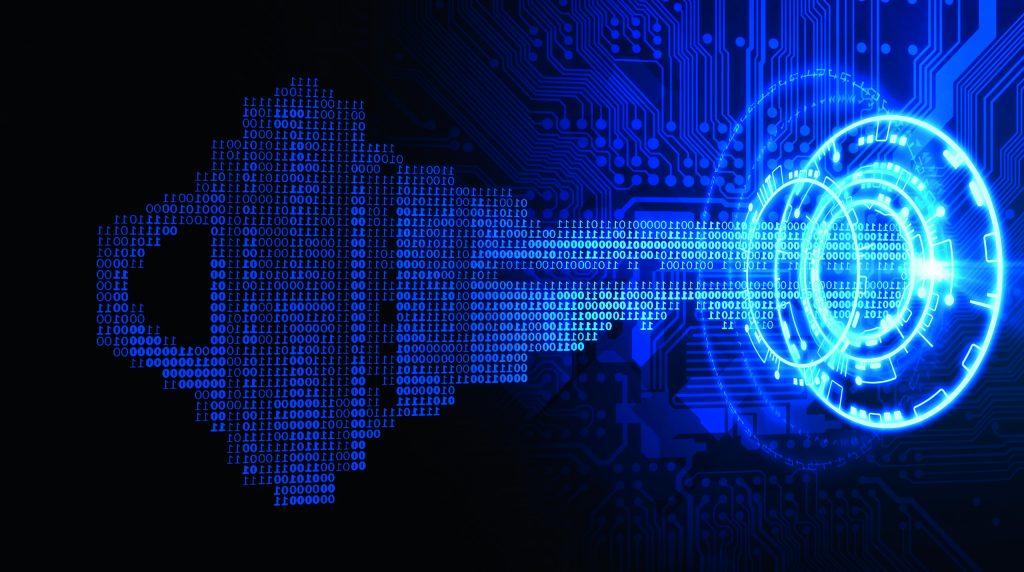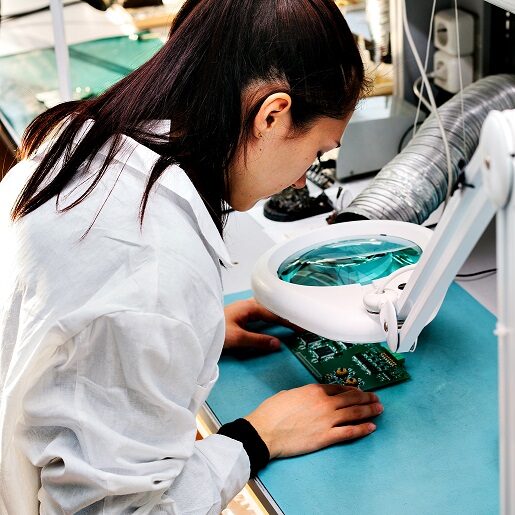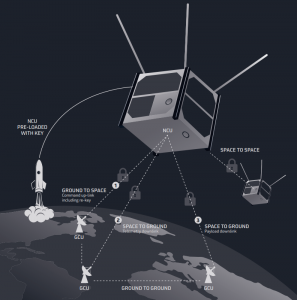
Secure Satellite Link
Securing sensitive satellite data transmissions
Overview
EIDEL Secure Satellite Link (SSL) enables secure communication for ground-space, space-space and space-ground communication. Through encryption, the SSL safeguards both communication link confidentiality and integrity while it prevents the loss of ownership through authentication.

The system is developed for space applications, it has low mass and volume and provides a cost-efficient solution to meet the mission needs. Whether on ground or in space, the encryption units will encrypt satellite telemetry and commands as well as payload data. This includes high resolution images and video for radio transmission. The protected data stream can be routed to one or more reception locations, whether on ground, in air or in space. SSL hardware has significant heritage from defense and space applications, with security that is verified to the level of NATO SECRET.
The SSL includes key management solutions for both encryption on-ground and on-board in space. Keys can be uploaded just prior to launch, which alleviates the need and cost associated with special safeguards and measures during transport, assembly and storage.
The system comprises of hardware units for the space segment called Nanosatellite Crypto Unit (NCU) and hardware units for the Ground Segment, called the Ground Crypto Unit (GCU). The space segment, NCU, is equipped with housekeeping, firecodes and low power functions that support the overall satellite needs.
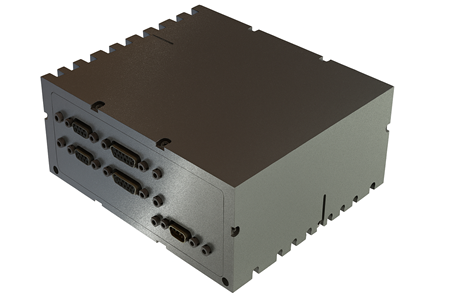
The NCU is a compact and rugged encryption device that provides a symmetrical end-to-end encryption that protects information up to and including SECRET. It is connected as a Ethernet interface, and the protected information is wrapped in the CCSDS TM space protocol, which is well suited for radio transmission.
Used on autonomous systems it can encrypt images, video, location data and other information in the data stream if the radio transmission or network connection allows sufficient data flow.
End-to-end encryption protection prevents unauthorized dissemination of information, whether the autonomous system portrays the situation at an injury site or follows people who should be unaware of the surveillance.
The protected data stream can be routed to one or more reception locations, whether fixed, mobile or flying. The solution can protect previously communicated information even if the drone crashes or ends up on unauthorized hands.
With two-way radio-based network connection, communication can be protected in both directions. It will not be possible to take control of the autonomous system in an unauthorized manner if it is controlled in this way. In addition, communication over networks can easily be done over great distances, and drone control from one common location for the entire country is thus a possibility.
Description
TECHNICAL SPECIFICATIONS
EMC, TEMPEST and environments:
MIL-STD-461F
SDIP-27 level A
MIL-STD-810F
Operating temperature range:
-40°C to +85°C
FUNCTIONALITY
Data link confidentiality, integrity and authentication
Approved for HEMMELIG (SECRET)
CIK for CCI handling and post-operation protection
Tampering protection
GCM-AES-256 protection
Benign rekeying offline protection (black keys)
CTR-AES-256, ECIES-521 and ECDSA-521
Related markets
- Defence
- Space
Categories
- Secure Communication
- Space Instruments & Systems
